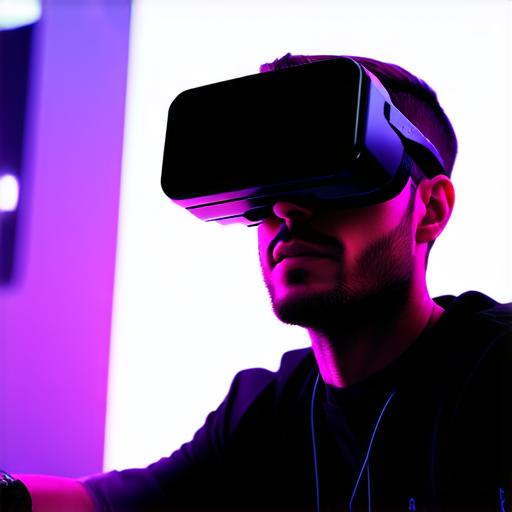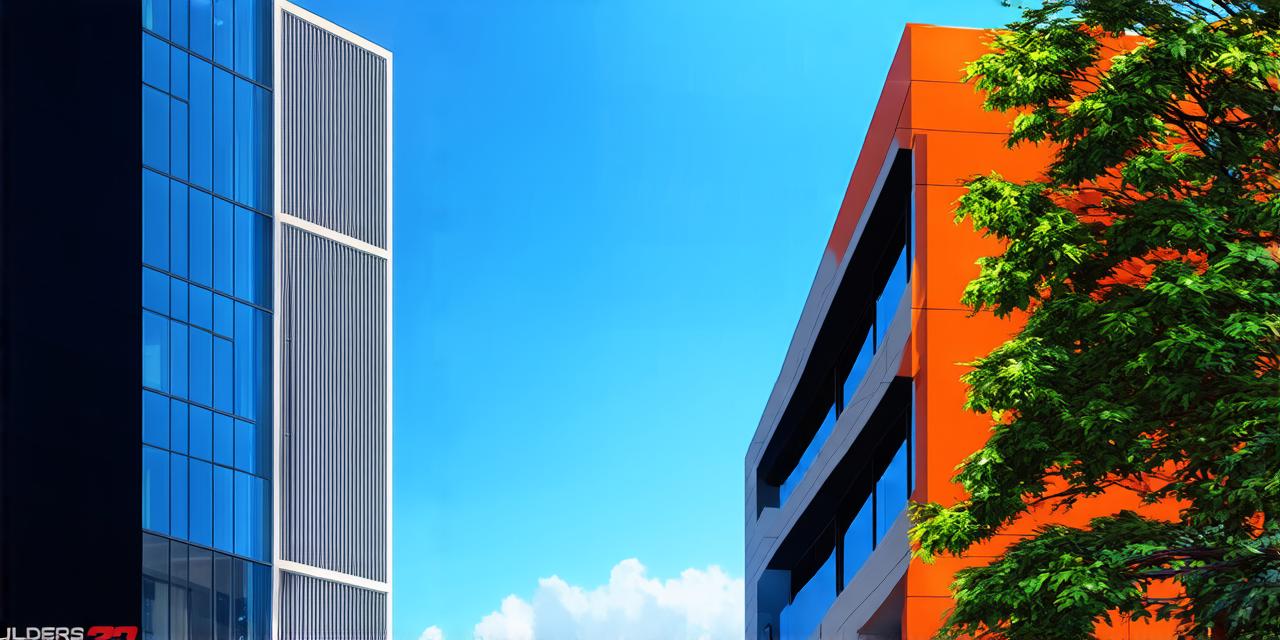
Ultimate AR VR Developer Roadmap for Success
In the rapidly evolving world of Augmented Reality (AR) and Virtual Reality (VR), staying ahead requires a strategic roadmap. Here’s your guide to navigating this exciting terrain, filled with insights, case studies, and expert opinions.
Embrace the Future: The AR VR Landscape
Picture this: AR enabling you to visualize furniture in your home before buying it, or VR transporting you to a far-off galaxy for an immersive gaming experience. This is not science fiction; it’s the reality of AR and VR development today.
Master the Basics: Learning the Language
To build in this realm, you need to learn languages like Unity, Unreal Engine, C++, or JavaScript. These tools are the foundational bricks for creating captivating AR and VR experiences.

Dive Deep: Specialized Skills
Beyond the basics, consider honing skills in areas such as 3D modeling, animation, user experience (UX) design, and computer graphics. These skills will set you apart and make your creations truly immersive.
Innovate: Case Studies and Personal Experiences
Take inspiration from pioneers like Magic Leap, Google Daydream, or Oculus. Study their success stories, learn from their mistakes, and innovate to create your unique niche in this field.
Experiment and Iterate: The Path to Perfection
Remember, every great invention was once an experiment. Don’t be afraid to try new things, iterate, and improve based on feedback.
Collaborate: The Power of Networking
Networking is crucial in the AR VR community. Attend conferences, join online forums, and collaborate with other developers. Sharing ideas and learning from others will accelerate your growth.
Stay Ahead: Keep Learning and Adapting
The AR VR landscape is ever-changing. Stay updated with the latest trends, technologies, and best practices to ensure you’re always at the forefront of innovation.
The Final Frontier: The Future of AR VR Development
As we look to the future, AR and VR promise to revolutionize industries from gaming and entertainment to healthcare and education. The possibilities are endless. Will you be a part of this exciting journey?
FAQs
What skills do I need to become an AR VR developer?
– Mastery of programming languages like Unity, Unreal Engine, C++, or JavaScript is essential. Additionally, skills in 3D modeling, animation, UX design, and computer graphics are highly valuable.
How can I stay updated with the latest trends in AR VR development?
– Regularly attend conferences, join online forums, and follow industry leaders to stay informed about the latest developments.
What tools are best for AR VR development?
– Unity and Unreal Engine are popular choices for AR and VR development due to their versatility and wide community support.

